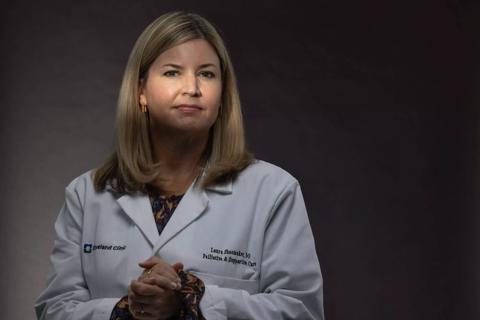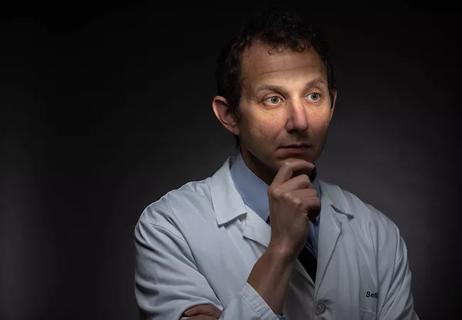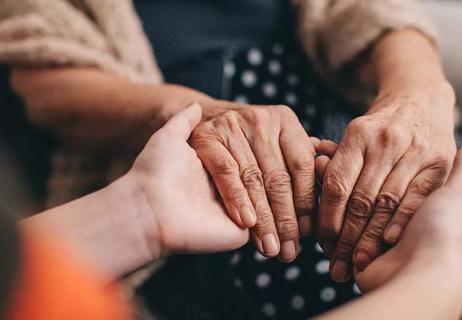
In rehabilitation medicine, the answer might require nuance

Mental health colleagues can provide much-needed perspective

Palliative care specialists know hard conversations can also be valuable ones

Variables affect nuances of the conversation
Advertisement
Cleveland Clinic is a non-profit academic medical center. Advertising on our site helps support our mission. We do not endorse non-Cleveland Clinic products or services. Policy

Patients benefit when doctors disclose with care

Authors discuss ethical challenges associated with sponsored genetic testing

Program focuses on nurturing ethics leaders in daily practice

Medical, ethical and legal considerations

An end-of-life dilemma in the intensive care unit

What to do when a patient refuses recommended emergency medical care
Advertisement
Advertisement